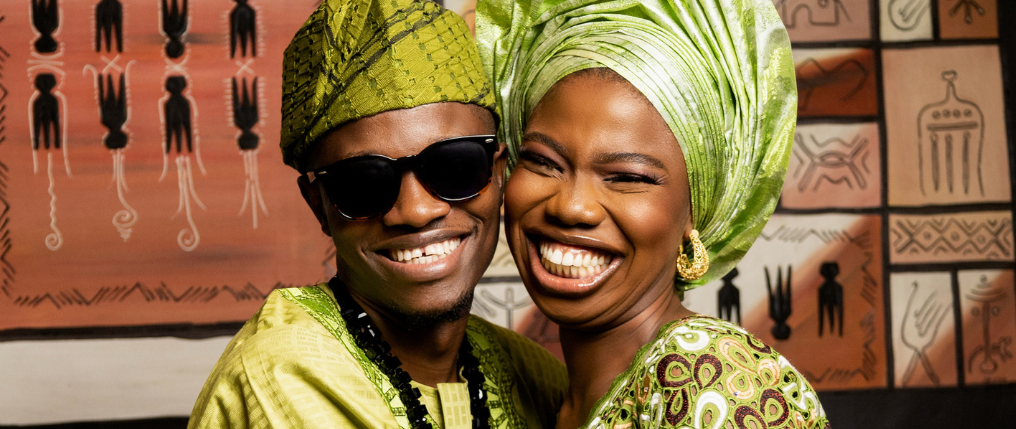
2016 is Making a Comeback: But Ramadan 2026 Won’t Be The Same
It feels like 2016 is everywhere again. Social feeds are flooded with throwbacks to the days of Vine videos, Musical.ly dances, and cultural moments that defined an era. People are reminiscing about a simpler time when trends were spontaneous, friendships felt lighter, and life seemed a little more carefree.
There’s a collective yearning for that energy, that sense of fun and possibility that defined our mid-teens and early twenties. But while the era of 2016 is making a comeback online, some things in real life have changed.
And for those of us who fasted through those long summer Ramadans, 2026’s winter fasting brings a very different reality.
Ramadan in 2016 wasn’t just memorable — it was intense.The days were long, the nights were short, and the heat felt relentless. For many of us who lived in the Western hemisphere – from London to Chicago to New York, it was the first time we truly experienced what fasting in the summer meant – physically, spiritually, and emotionally.
If you’re in your mid-20s to 30s now, you were probably a teenager or young adult back then juggling GCSE exams, high school, or university. But more importantly, we were in the early stages of figuring out who we were – all while trying to commit to fasting the entire month.
And of course, hearing the same question that gets thrown around without a shadow of a doubt:
“Not even water?”
At that age, it was a mixture of curiosity and disbelief from classmates or colleagues, and sometimes even quiet concern from teachers who didn’t fully understand the significance of fasting. But those moments shaped our understanding of discipline, resilience, and faith in a way that only Ramadan could.
It was a time of sacrifice on multiple levels: sleep was broken, energy was low, and focus often felt like a struggle. The rhythm of Ramadan, suhoor at 2am, iftar close to 10pm, meant the entire month revolved around managing time, hunger, and intention.
And then there were our parents. Many of them were working long, exhausting hours in the summer heat, only to come home and prepare iftar for the family. Those late evenings breaking fast together felt grounding, even when the days had been draining.
Suhoor, on the other hand, was rarely peaceful. It was rushed, sleepy, and often chaotic: a familiar soundtrack of alarms, footsteps, and half-awake conversations before Fajr.
Looking back, Ramadan 2016 taught us patience. It taught us endurance. It reminded us that faith isn’t always convenient, but it is always rewarding.
Ramadan 2026: A New SeasonTen years later, Ramadan is arriving in a completely different context, both in our lives and in the calendar.
Ramadan 2026 will fall in the winter, bringing shorter fasting hours and earlier iftars. Instead of breaking fast late at night, we’ll be opening our fast in the late afternoon, often while still at work or commuting home.
Fasting may be physically easier, but it comes with a different set of adjustments. The colder weather can affect our energy and immune systems, and the earlier prayer and meal times will require a shift in routine and planning.
For many of us now, life looks very different than it did in 2016. Careers are more demanding. Families are growing. Responsibilities have increased. Ramadan is no longer just about “getting through the fast”. it’s about finding stillness, balance, and meaning within an already busy life.
To help navigate this shift, we spoke with Ayesha Aslam, founder and director of Sakoon Counselling Services, for practical advice on fasting in the winter months.
Nourish Your Body and MindAyesha emphasises the importance of maintaining a healthy, balanced diet during Ramadan.
With only two meals a day, it’s essential to choose foods that sustain your energy. Light, nutritious meals that include protein, complex carbohydrates, fruits, and vegetables can help you stay focused and prevent fatigue.
Warm, comforting foods such as soups and stews are especially helpful in regulating body temperature during colder days.
Be Mindful of CaffeineWhile coffee may feel like a winter necessity, excessive caffeine can contribute to dehydration, anxiety, and disrupted sleep patterns.
Gradually reducing caffeine intake before Ramadan and opting for herbal teas instead can support both physical and emotional well-being.
Prioritise HydrationEven if you don’t feel thirsty, your body still requires sufficient water.
Drinking regularly between iftar and uhoor will help maintain hydration and prevent common issues such as headaches and sluggishness.
Protect Your Energy Through RestWinter fasting still disrupts sleep, but the longer nights allow for more manageable rest.
Short power naps during the day can improve concentration and reduce burnout, particularly for those balancing work and family commitments.
Keep Movement GentleLight activity like stretching or walking can help maintain circulation and alertness.
The goal is to support your body, not exhaust it.
Simplify Your Iftar RoutineWith earlier iftars, avoid overcomplicating meals.
Planning ahead and choosing nourishing, easy-to-prepare dishes will free up time for reflection, prayer, and connection.
Support Your Mental HealthSeasonal changes can impact mood and motivation, so make space for self-care.
Staying connected to community, engaging in acts of worship, and focusing on gratitude can help maintain a sense of grounding and spiritual clarity throughout the month.
Closing ReflectionRamadan 2016 challenged us in ways we didn’t always realise at the time. It strengthened our faith, shaped our character, and reminded us of what we’re capable of.
Ramadan 2026 will be different: perhaps gentler physically, but just as meaningful.
The setting may have changed, but the purpose remains the same:
To pause, reflect, and reconnect — with ourselves, our community, and our faith.
Written by Saarah Miah, MA Journalism Student and Freelance Journalist.































